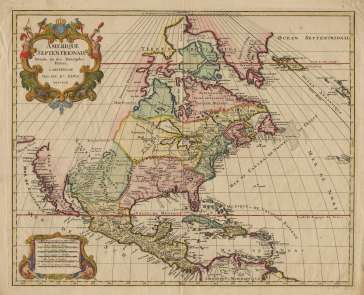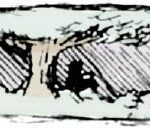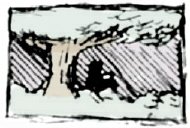
 Regular readers might have noticed I have a peculiar interest in colonial America, including the Seven Years’ War, or (as it is generally called in the United States) The French and Indian War.
Regular readers might have noticed I have a peculiar interest in colonial America, including the Seven Years’ War, or (as it is generally called in the United States) The French and Indian War.
Many seem to think of American history beginning with the Revolution, but there is a deeper history all around us, and this conflict of Native and Colonial forces marks a critical turning point in that history. This is the history of our continent that tugs my creative mind-strings when I write.
It might seem strange to think of a war two and a half centuries in the past making the news, but it has been:
• Don Wood writes in the Martinsburg, WV, Journal-News about the abundance of local historical markers, including one on Fort Neely and Fort Evans, known largely for the defense organized by women when the fort was attacked while the men were absent.
• Newsweek covers how a British company is blocking Americans’ access to a bike path that retraces the route of then-Lieutenant Colonel George Washington’s wartime route to Pittsburgh.
• John Switzer at the Columbus Dispatch discusses archaeological findings related to the seige of Pickawillany, a Native American town in Ohio that was host to a British trading post.
• You Ask Youker at the Reading, PA, Eagle answers the question “Did forts once stand on the Blue Mountains in Berks County? ” with a resounding Yes, during the French and Indian War.
• Finally, the New York Times blog (read it while it’s free!) discusses, peripherally, the important French and Indian War site Fort Stanwix while discussing the later construction of the Erie Canal in the same region.
 FUTTOCKS, the middle division of a ship’s timbers; or those parts which are situated between the floor and the top-timbers …
FUTTOCKS, the middle division of a ship’s timbers; or those parts which are situated between the floor and the top-timbers …





 Regular readers might have noticed I have a peculiar interest in colonial America, including the Seven Years’ War, or (as it is generally called in the United States) The French and Indian War.
Regular readers might have noticed I have a peculiar interest in colonial America, including the Seven Years’ War, or (as it is generally called in the United States) The French and Indian War. 